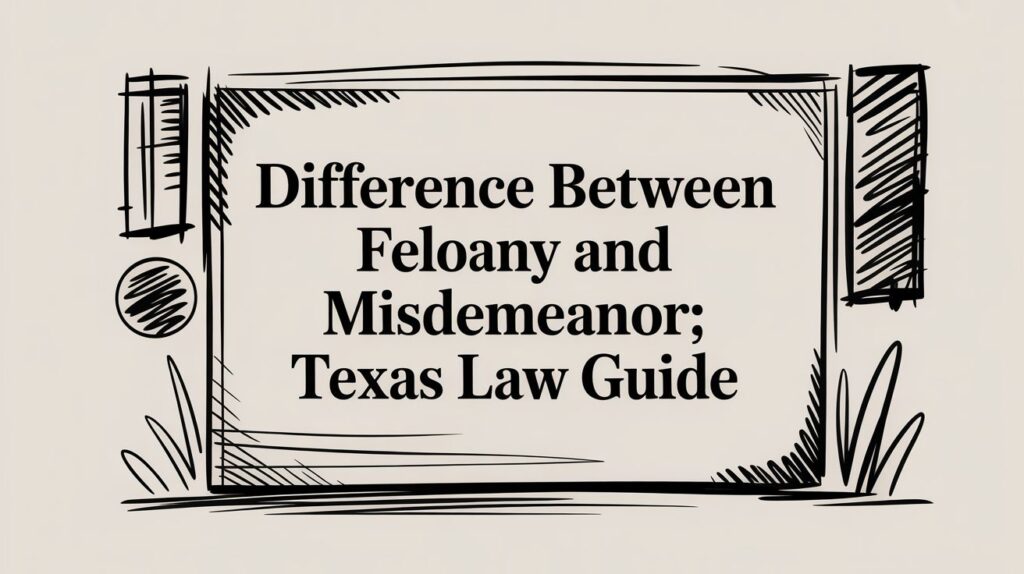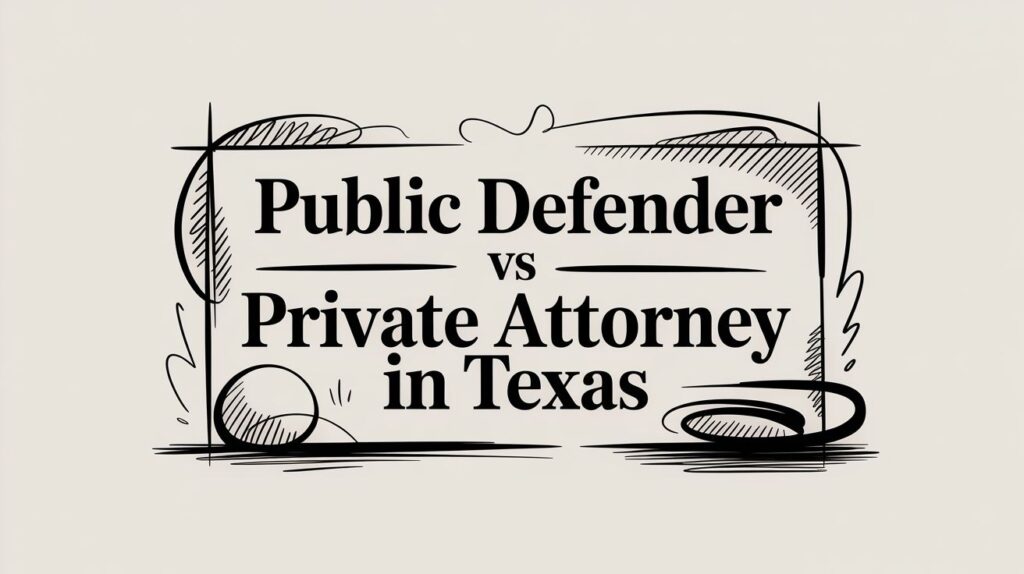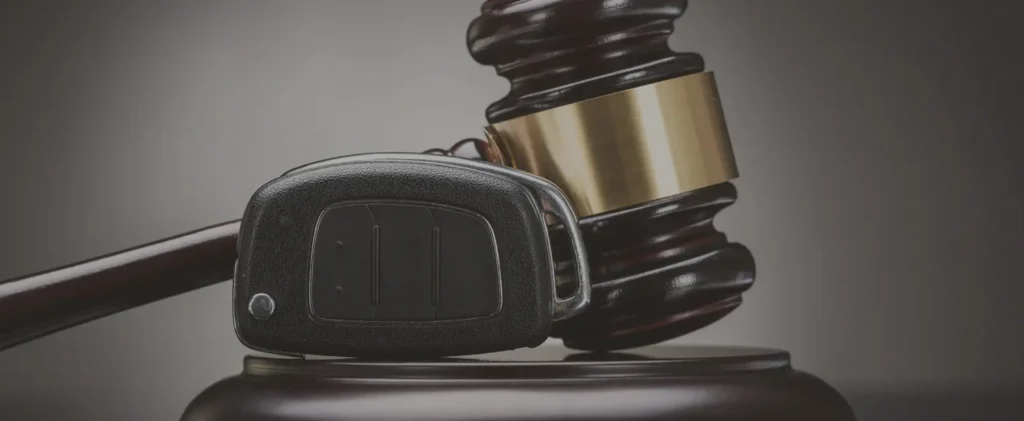Understanding the DUI Process in Texas
Understanding the DUI process in Texas is crucial for anyone facing charges. The process typically begins with an arrest, followed by a series of legal proceedings that can include arraignment, pre-trial motions, and potentially a trial. Each stage has specific legal implications and deadlines that must be adhered to, making it essential to have a knowledgeable attorney by your side.
For instance, after a DUI arrest, individuals may have only 15 days to request a hearing regarding their license suspension. Additionally, the consequences of a DUI conviction can vary significantly based on factors such as prior offenses, blood alcohol content (BAC) levels, and whether any injuries occurred. Understanding these nuances can help defendants prepare their defense strategy effectively.
Common Defenses Against DUI Charges
There are several common defenses that can be employed against DUI charges in Texas. These defenses may include challenging the legality of the traffic stop, questioning the accuracy of breathalyzer tests, or arguing that the driver was not actually impaired. Each defense strategy hinges on the specifics of the case and the evidence presented.
For example, if an attorney can prove that the traffic stop violated the individual's Fourth Amendment rights, any evidence obtained during that stop may be inadmissible in court. Additionally, demonstrating that a breathalyzer was not properly calibrated can lead to a dismissal of charges. Understanding these defenses can empower individuals facing DUI charges to seek the best possible outcome.
The Impact of a DUI Conviction on Your Future
A DUI conviction can have far-reaching consequences that extend beyond legal penalties. Individuals may face significant financial burdens, including fines, increased insurance premiums, and potential loss of employment opportunities. Understanding these impacts is vital for anyone navigating the aftermath of a DUI charge.
For instance, many employers conduct background checks, and a DUI conviction can hinder job prospects, especially in fields that require driving or a clean record. Furthermore, individuals may be required to attend alcohol education programs or complete community service, adding to the overall burden. Recognizing these implications can help individuals make informed decisions about their legal strategies.
Resources for DUI Offenders in Texas
For those facing DUI charges in Texas, numerous resources are available to assist individuals in understanding their rights and navigating the legal system. Local organizations, legal aid services, and educational programs can provide valuable information and support for those dealing with the consequences of a DUI.
For example, the Texas Department of Public Safety offers resources on DUI laws, penalties, and rehabilitation programs. Additionally, local non-profit organizations may provide counseling and support groups for individuals seeking to address substance abuse issues. Utilizing these resources can help offenders take proactive steps towards recovery and legal resolution.









